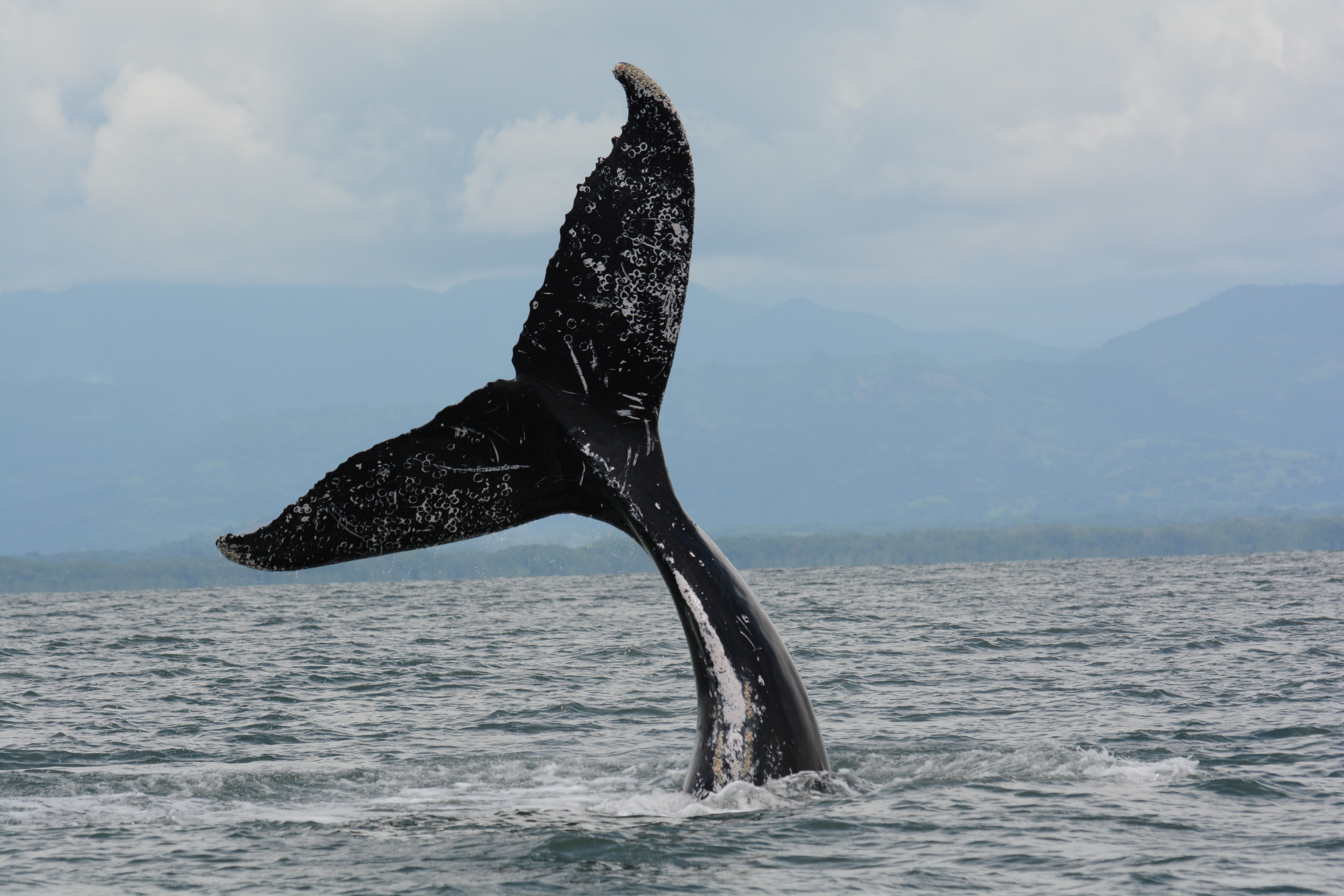
Key Marine Species
Why It Matters
Science proves that species diversity within an ecosystem provides the resilience it requires to withstand stressors, from warming water to extreme weather events to pollution. When a key species is under threat, so too is the entire ecosystem.
The Moore Charitable Foundation partners with local organizations focused on key species research to advance conservation outcomes benefitting regional marine ecosystems and communities. From stronger environmental policies and improved fishing enforcement to sustainable behaviors at a community level—such as respecting a closed fishing season or leaving an immature species in the water—it takes data to move the needle on conservation.
Partner Impact
Monitoring Humpback Whales
Panacetacea conducts annual humpback whale research expeditions in the Gulf of Chiriquí, and has identified two Southeastern Pacific Distinct Population Segments: a smaller population that migrates from feeding areas in the north, seen between December-April; and between July-October, a much larger population from feeding areas off Antarctica and Chile.
Protecting Nassau Grouper in the Bahamas
The Perry Institute is implementing a comprehensive Nassau grouper conservation and management plan that includes research, MPA and fishery management to promote compliance with regulations. And BREEF is amplifying awareness of the closed fishing season though a public service video widely shared across the Bahamas.
Oceanic Whitetip Shark Conservation
Partner research on pregnant oceanic whitetip sharks show they return to the same safe area over multiple years in the Bahamas. But population recovery requires the protection of nursery & pupping area, too. The challenge is to identify where these are.